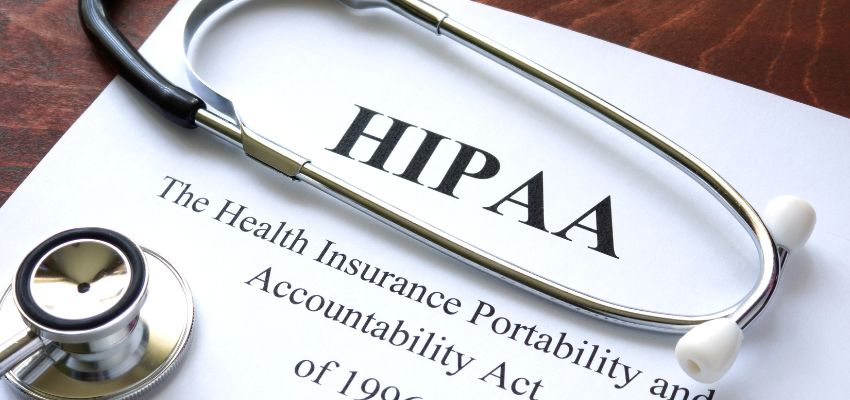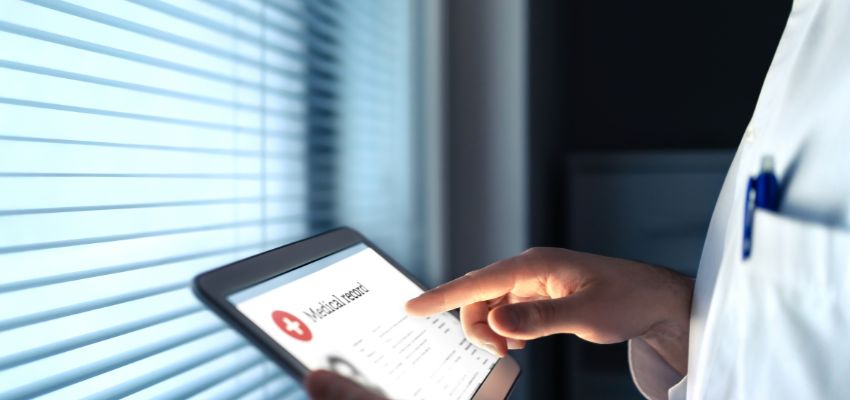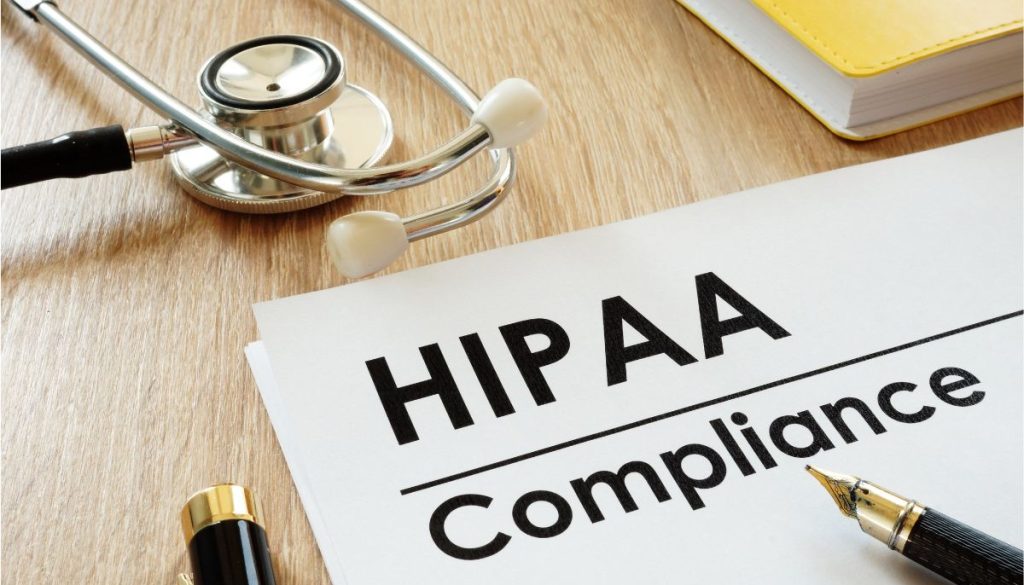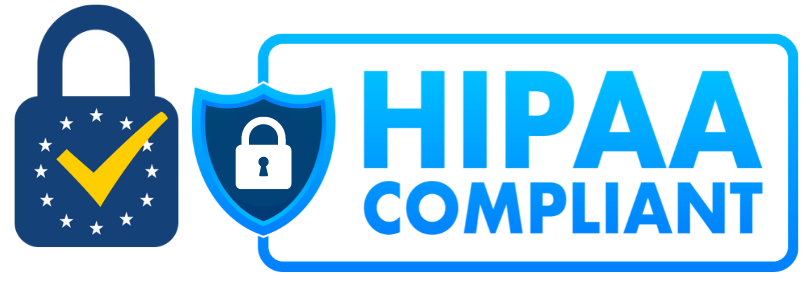HIPAA Compliant E-Signatures: Protecting Privacy Seamlessly
What if the simple act of signing a document could put protected health information at risk? In today’s digital world, convenience often clashes with compliance, especially in healthcare. That’s where HIPAA-compliant e-signatures come in. These tools promise the ease of paperless workflows without compromising patient privacy.
A HIPAA-compliant e-signature keeps private health info safe. It uses special tools to make sure only the right people can see or sign it. This helps doctors and patients trust that their info stays private.
In this guide, we’ll explore how to protect sensitive data seamlessly while staying on the right side of HIPAA regulations.
What Are HIPAA-Compliant E-Signatures?
HIPAA-safe e-signatures help keep your health info private. They check who is signing and lock the info so others can’t see it. They also keep a list of who signed and when.
These aren’t just legal checkboxes, they’re safeguards for patients’ trust. Whether you’re collecting consent forms, patient intake data, or treatment agreements, these secure solutions keep information sealed from unauthorized eyes.
In short, if PHI is involved, your e-signature tool must be more than convenient, it must be compliant. Otherwise, you’re gambling with data and legal liability.
Why Do HIPAA-Compliant E-Signatures Matter?
Imagine the fallout if a patient’s confidential health information were leaked, loss of trust, lawsuits, and massive fines. In healthcare, privacy isn’t a nice-to-have; it’s a legal and ethical requirement. That’s why HIPAA-compliant e-signatures matter.
They ensure your digital paperwork, consent forms, prescriptions, and releases are signed, sealed, and secure. According to the HIPAA Journal, violations can result in fines of up to $50,000 per incident. Worse, they can cost your reputation.
Using e-signatures without HIPAA compliance is like locking your front door but leaving the windows open. Don’t just go paperless, go protected.

Who Needs HIPAA-Compliant E-Signatures?
HIPAA-compliant e-signatures are essential to your organization should it processes PHI in any form, either digitally or otherwise. Those will be hospitals, private practices, clinics, insurance providers, medical billing companies and even telehealth start-ups.
You could be a one-man shop or a giant healthcare network, the rules are identical. There should be a provision to make sure that all the documents that are signed electronically need to be signed with adequate safeguards by both covered entities and business associates.
Even vendors such as third-party SaaS platforms that process your health-related information require HIPAA-compliant signatures, which can be obtained by signing a Business Associate Agreement (BAA). In the health sector, all the parties in the data chain are to be held responsible.
When and Where Should You Use HIPAA-Compliant E-Signatures?
Wet signatures are typically required in medical facilities. A HIPAA-compliant e-signature can fulfill its purpose in any area where you would typically need one, provided a proper implementation process. Throughout the intake and consent forms, approvals of patient treatment, and insurance paperwork, the entire process is simplified by digital signature.
They are particularly valuable in remote or telehealth settings where it is impractical to use paper forms. Real-time advantages are limitlessly high, quicker onboarding, reduced mistakes, and losing track of the paperwork no longer happens.
No matter where your patient is waiting, a hospital bed or the couch in their home–e-signatures that comply with HIPAA allow you to service them fast and safely without a fax machine.
How to Choose a HIPAA-Compliant E-Signature Provider
Do not be misled by shiny marketing messages, not every tool that offers e-signatures is HIPAA compliant out of the box. Your provider should provide encryption, multi-factor authentication and should be open to signing a Business Associate Agreement (BAA).
Seek vendors that have clearly indicated that they comply with HIPAA rather than being solely those with security features. Examine their privacy policies, inquire as to where the data is kept, and confirm that it is adherent to other critical frameworks such as SOC 2 or ESIGN.
It is also important to be sensitive to their platform, which should be easy to use by your employees as well as patients. Since a clunky experience will lead to low adoption, regardless of how secure it is, it will prevent compliance gaps.

Common Pitfalls That Could Break HIPAA Compliance
Many healthcare teams unintentionally break HIPAA compliance by cutting corners. Common mistakes include using non-compliant tools (like basic e-signature apps), failing to secure BAAs, or assuming encrypted emails are enough. Another overlooked risk? Poor access control.
If multiple users share logins, there’s no clear audit trail, leaving you legally exposed. And let’s not forget: not training your staff is as risky as using outdated tech. Compliance isn’t about ticking a box; it’s a daily discipline.
The worst part? You might not even realize you’re non-compliant until you’re audited or breached. Don’t wait for a fine to find out.
Best Practices for HIPAA-Compliant E-Signatures
Begin with a secure platform that has signed a BAA, and then incorporate best practices. Train staff regularly. Set up role-based access controls. Use multifactor authentication for both patients and staff. Encrypt everything, both in transit and at rest.
Implement auto-logoff and session timeouts. Most importantly, audit everything. Every signature should leave a trail of timestamps, IP addresses, and user IDs. This protects not just your patients, but your organization. And remember, HIPAA compliance is a moving target.
Make it part of your operations, not just a one-time project. The right processes can turn signatures from a risk into an asset.
FAQs
Are electronic signatures HIPAA compliant?
Yes, electronic signatures can be HIPAA compliant. But they must follow special rules to keep patient health info safe. This includes strong security, tracking who signs, and signing a special agreement called a BAA. Always use a trusted HIPAA-compliant e-signatures tool.
What makes an email HIPAA compliant?
A HIPAA-compliant email keeps patient info private and safe. It uses strong passwords, secure logins, and encryption (like a secret code). It also must have rules on who can see the email.
Is Google E-Signature HIPAA compliant?
No, Google e-signature is not HIPAA compliant by default. Google doesn’t offer a built-in HIPAA-compliant e-signatures tool. You’d need to use a different e-sign service made for healthcare.
Can DocuSign be HIPAA compliant?
Yes, but only some DocuSign plans offer HIPAA compliant e signatures. You must choose a plan with HIPAA features and sign a BAA with them. Always check before you use it for patient info.
Is Adobe E-Signature HIPAA compliant?
Adobe e-signature can be HIPAA-compliant e-signatures, but only for some business plans. You also need to sign a BAA with Adobe. Make sure to check the plan before using it in healthcare.
Final Thoughts
Electronic signatures make it faster and easier for doctors and patients to sign important papers. They help save time, reduce paper use, and keep patient information safe. When used the right way, e-signatures follow HIPAA rules and protect privacy.
Choosing a safe and easy-to-use tool is very important. That’s where AiSign can help. With AiSign, you can create, send, and sign documents from anywhere, even on your phone. It’s simple, secure, and perfect for healthcare.
Try AiSign today and see how easy and helpful e-signatures can be. Start your free trial now, no credit card needed.
Try AiSign Free For 30 Days, No Credit Card Required
Experience ease and efficiency in managing your business contracts. Our platform lets you create contracts with AI-powered tools, send and sign documents online, and more. Say goodbye to paperwork complexities and enjoy streamlined workflows. AiSign’s tools are designed for freelancers, small businesses, and large corporations. Sign up today for a free 30-day trial.

About The Author
Julie Fortuna is a talented writer for AiSign, specializing in simplifying complex ideas. With a flair for clear and engaging communication, Julie helps readers understand the latest strategies and trends.





